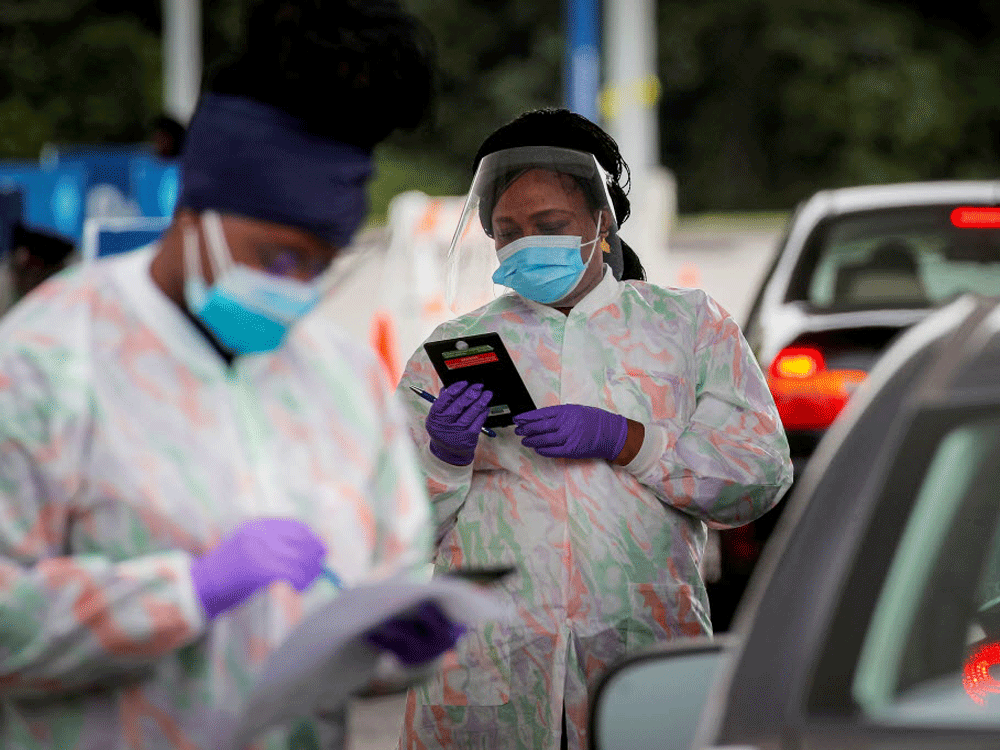Article content continued
“It’s entirely possible that by the time you’re giving it, you’re giving it too late.”
That Trump got something wholly experimental has raised eyebrows, but monoclonal antibodies are used throughout medicine for treating infectious diseases, autoimmune conditions and lymphomas.
“The short answer is: great promising therapy but we’ll need to see better data,” Downar said.
The downside? It’s challenging and expensive to make. It’s laborious, time-consuming, and monoclonal antibody therapy can cost thousands of dollars per person treated.
As well, any antibody therapy has a potential to trigger an exaggerated or haywire immune or inflammatory response that, in rare cases, could cause damage to multiple organs, Downar said.
“If you’re using it in situations where the person doesn’t have an adequate immune response and the insult, the infection, is causing a lot of damage, then there’s good logic to think this might be effective,” he said.
It’s hard to say what helped Trump. The science is strongest for dexamethasone, a ubiquitous, inexpensive steroid.
“It’s impossible to know,” said Arnold, a professor and one of the principal investigators for a large convalescent plasma trial happening in Canada.
“The other piece is that, as far as I can tell, Trump had fairly mild symptoms, certainly not enough to qualify him to be hospitalized for a prolonged period of time or to require oxygen for a prolonged period of time. For many people, if they had those symptoms, they would probably not be hospitalized —they would be treated in the clinic, and a lot of them would get better on their own, anyway.”
“Really hard to know, for all of those reasons, if this treatment made any difference in this particular case.”
• Email: skirkey@postmedia.com | Twitter: sharon_kirkey

